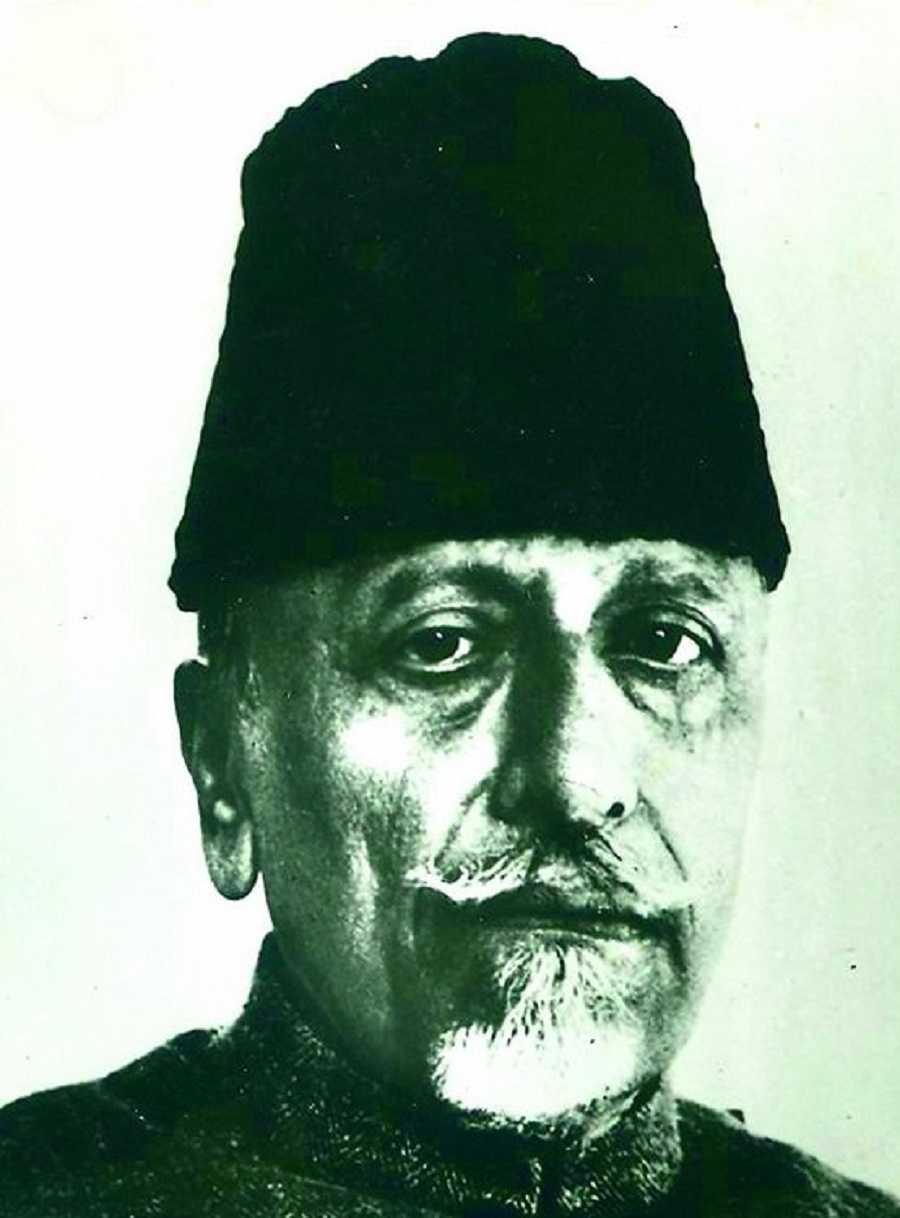Indian History
70 Years of Indian Council for Cultural Relations
- 09 Apr 2020
- 6 min read
Why in News
- Indian Council for Cultural Relations (ICCR) observed its 70th foundation day on 9th April 2020.
- However, owing to the Covid-19 pandemic it has decided not to hold any celebrations to mark the occasion.
Key Points
- The ICCR runs 36 cultural centres across the globe and its emphasis is on making India a hub of higher education.
- Classical dance, music or Hindi and Sanskrit language classes are continuing at most of ICCR centres via skype and other applications without hindrance
- ICCR, which is the only soft power institution of the country which plans to focus more on areas that have so far largely remained “neglected” like Indian literature, Indian artisans and also Ayurveda.
Indian Council for Cultural Relations
- The Indian Council for Cultural Relations (ICCR), is an autonomous organisation of the Government of India, involved in India's external cultural relations (cultural diplomacy), through cultural exchange with other countries and their peoples.
- It was founded in 1950 by Maulana Abul Kalam Azad, independent India’s first Education Minister.
- ICCR has been assigned the responsibility of facilitating the celebration of the International Day of Yoga by Indian Missions/Posts abroad since 2015.
- ICCR has instituted several awards, which are conferred upon the foreign nationals for their contributions in different fields, under its mandate of promoting India’s cultural relations. Such awards include–
- Distinguished Indologist Award– The annual “ICCR Distinguished Indologist Award” was instituted in 2015 during the First World Indology Conference hosted in India. Award is conferred upon a foreign scholar for his contribution in study, teaching and research in any of the fields of Indian Studies.
- World Sanskrit Award- The institution of annual “World Sanskrit Award” was announced during the 16th World Sanskrit Conference held in Bangkok in June 2015 recognizing the contribution of foreign scholars in promoting Sanskrit studies.
- Distinguished Alumni Award – Citation and Plaque: Recognizing the achievements of foreign students who studied in India. It was instituted in 2015.
- Gisela Bonn Award - Annual Gisela Bonn Award was instituted by ICCR in 1996 in the name of famous German journalist, writer, environmental activist and Indologist, Giesela Bonn, to honour her services to bolster Indo-German relations.
- Maulana Abul Kalam Azad, originally named Muhiyuddin Ahmad, was born on 11th November 1888 in Mecca, Saudi-Arabia.
- Maulana Azad was a brilliant debater, as indicated by his name — “Abul Kalam” which literally means “Lord of Dialogues”.
- He was a proponent of Hindu Muslim unity, opposed to Partition. In 1912, Maulana Abul Kalam Azad started a weekly journal in Urdu called Al-Hilal which played an important role in forging Hindu-Muslim unity after the bad blood created between the two communities in the aftermath of Morley-Minto reforms.
- The government regarded Al- Hilal as propagator of secessionist views and banned it in 1914.
- Maulana Abul Kalam Azad supported the Non-Cooperation Movement started by Gandhiji and entered Indian National Congress in 1920.
- In 1923, he was elected as the president of Indian National Congress. He again became the president of Congress in 1940 and remained in the post till 1946.
- In the field of education, Maulana Azad had been an uncompromising exponent of universalism, a truly liberal and humanitarian educational system.
- Azad’s ideal was a fusion of the Eastern and Western concepts of man, to create a fully integrated personality. Whereas the Eastern concept dwelt on spiritual excellence and individual salvation, the Western concept laid stress on worldly achievements and social progress.
- His Works: Basic Concept of Quran, Ghubar-eKhatir, Dars-e-Wafa, India Wins Freedom, etc.
- In 1947, he became the first education minister of free India and remained at this post till his death in 1958. In his tenure, he did tremendous work for the upliftment of the country. Following are some of them:
- For the progress and development in science education, following institutions were established:
- Scientific Research Institute (Council of Scientific and Industrial Research),
- A separate institute for atomic development,
- Indian Council for Agriculture and Scientific Research,
- Indian Council for Medical Research,
- Indian Council for Historical Research, and
- Indian Council for Social Science Research.
- Indian Council for Cultural Relations, for introduction of Indian culture to other nations.
- Following three academics were formed:
- Sahitya Academy for development of literature;
- Sangeet Natak Academy for the development of Indian music and dance;
- Lalit Kala Academy for the development of painting;
- For the progress and development in science education, following institutions were established:
- Maulana Abul Kalam Azad was posthumously awarded India's highest civilian honour, Bharat Ratna in 1992.







